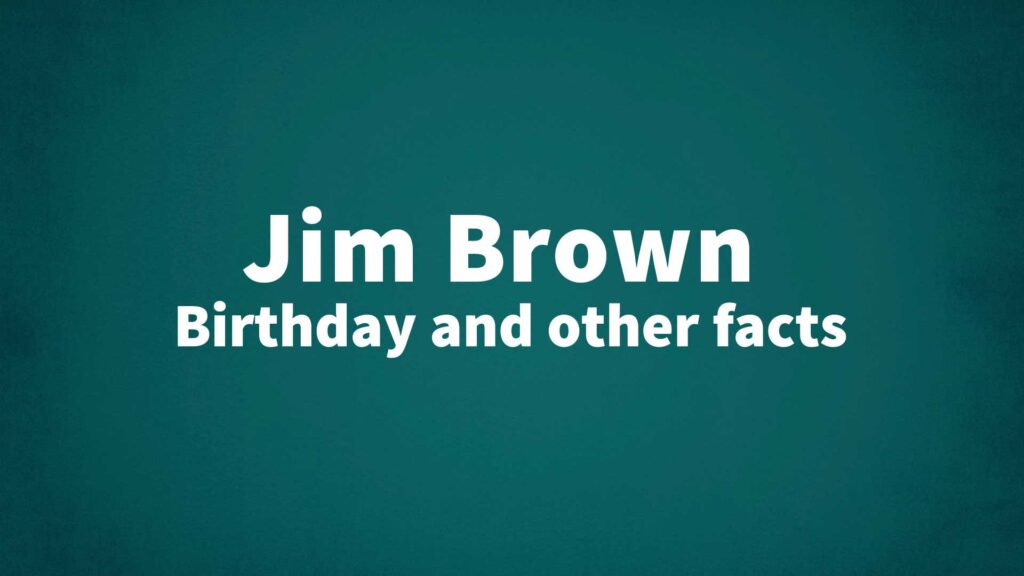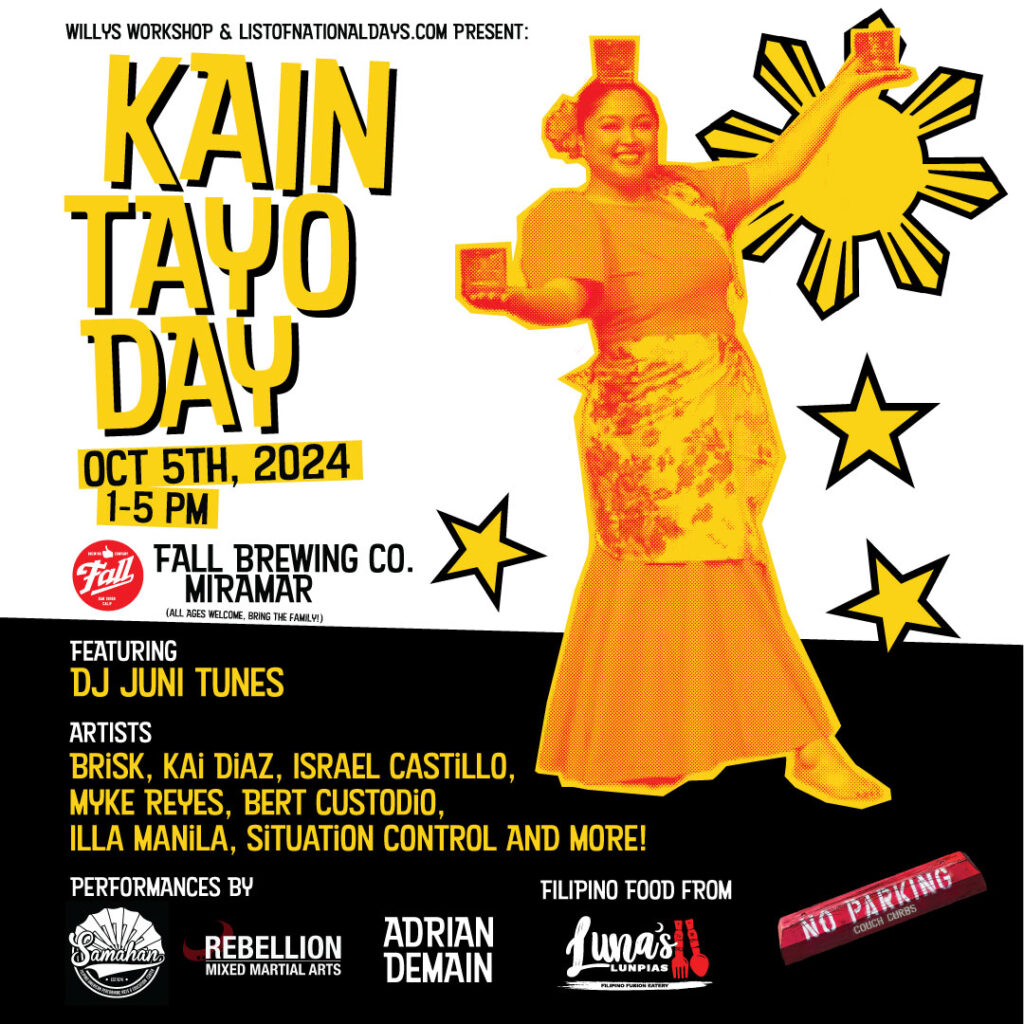
Jim Brown was born on February 17, 1936, St. Simons Island, GA
"Official List" of U.S. National Days
oops did we mess up and not categorize these wonderful posts? We will probably catch these strays eventually maybe you should drop us a line.
Lunar phases occur because of the Moon’s orbit around Earth and how sunlight illuminates it. The Moon doesn’t produce its own light; instead, it reflects sunlight. As the Moon orbits Earth, we see varying amounts of its illuminated half, creating phases that change over about 29.5 days, known as the lunar month.
The New Moon marks the start of a new lunar cycle, with the Moon positioned between Earth and the Sun, making it invisible from Earth. It’s a time symbolizing new beginnings, introspection, and intention-setting, often celebrated in cultural rituals and ideal for astronomical observations due to the absence of moonlight.
The Waxing Crescent Moon appears shortly after the New Moon, showing a sliver of light as it begins to grow. This phase symbolizes growth and potential, inspiring people to act on intentions. It’s often seen as a time for nurturing ideas and preparing for further development in the lunar cycle.
The First Quarter Moon marks a halfway point between the New Moon and Full Moon, showing half of its illuminated side. This phase represents decision-making, challenges, and progress, urging action to overcome obstacles. It’s an ideal time to assess goals, make adjustments, and strengthen commitment to set intentions.
The Waxing Gibbous Moon appears just before the Full Moon, nearly fully illuminated. This phase represents refinement, patience, and preparation, as intentions set earlier come closer to fruition. It’s a time to focus on details, address remaining challenges, and make final adjustments before reaching the peak energy of the Full Moon.
The Full Moon is when the Moon is fully illuminated, symbolizing completion, clarity, and heightened energy. It’s a time to celebrate achievements, release what no longer serves, and gain insight. Many cultures hold rituals during this phase, viewing it as a powerful period for reflection, gratitude, and transformation.
The Waning Gibbous Moon appears after the Full Moon, as light gradually diminishes. This phase symbolizes gratitude, introspection, and sharing wisdom. It’s a time for reflection on recent achievements and learning from experiences. The waning energy encourages release and letting go, making space for new growth in the lunar cycle.
The Third Quarter Moon, halfway between the Full Moon and New Moon, shows half its illuminated side waning. This phase represents release, forgiveness, and reflection, encouraging letting go of what no longer aligns. It’s a period for introspection, clearing emotional clutter, and preparing for a fresh start ahead.
The Waning Crescent Moon, just before the New Moon, shows a sliver of light as it fades. This phase represents surrender, rest, and closure, urging reflection on past cycles. It’s a time to recharge, release lingering negativity, and prepare for the renewal and fresh beginnings that come with the New Moon.
the Philippines’ rich culinary history and highlights its wide array of delicious dishes.
Filipino cuisine blends various cultural influences, reflecting the country’s rich history and diversity. With centuries of culinary evolution, it combines Malay, Chinese, Spanish, and American flavors. Signature dishes like the Lumpia, Pacit and Halo Halo delight people taste buds the world over.
Introduced in 2018, National Filipino Food Month spotlights the country’s cuisine while also boosting tourism. The goal is to raise awareness of Filipino dishes, inspire culinary innovation, and honor the contributions of Filipino chefs and restaurant owners around the world.
Food festivals, cooking contests, and various culinary events are held around the world throughout the month. Restaurants participate by showcasing special menus and offering promotions. Food tours, workshops, and seminars also cater to casual foodies and culinary professionals, providing unique experiences and insights into Filipino cooking.
National Filipino Food Month is not just about food; it’s an opportunity to celebrate the Philippines’ cultural roots. Filipino cuisine is deeply connected to the world’s history and traditions, reflecting its people’s resourcefulness, creativity, and warmth.

Kain Tayo! October is Filipino American History Month and Kain Tayo Day is a day to celebrate Filipino food and culture. Come join us Saturday, October 5th at Fall Brewing (Miramar location) from 1pm-5pm. Beat the heat and grab a beverage while enjoying some Filipino Fusion cuisine. There will be live music, local Filipino artists and vendors and traditional dancing and martial arts performances and so much more! This is an all ages event.
Fall Brewing
9550 Distribution Ave, San Diego, CA 92121
on Oct 5th from 1pm-5 pm
All ages welcome! Bring the family!
DJ:
Juni Tunes
Food:
Luna’s Lunpias
Myke Reyes
Performances:
Samahan Dance
Brought to you by:

Zozobra Day is an annual event celebrated in Santa Fe, New Mexico, as part of the city’s larger Fiesta de Santa Fe. It typically takes place on the Friday before Labor Day and involves the burning of a giant effigy called “Zozobra,” also known as “Old Man Gloom.” The event is one of the oldest and most unique traditions in Santa Fe, dating back to 1924.